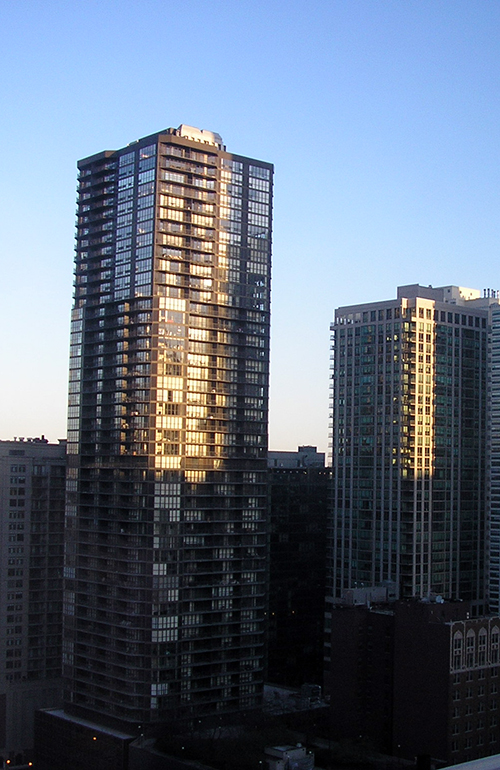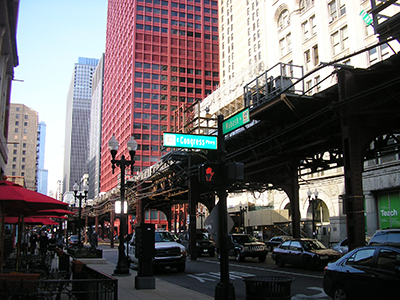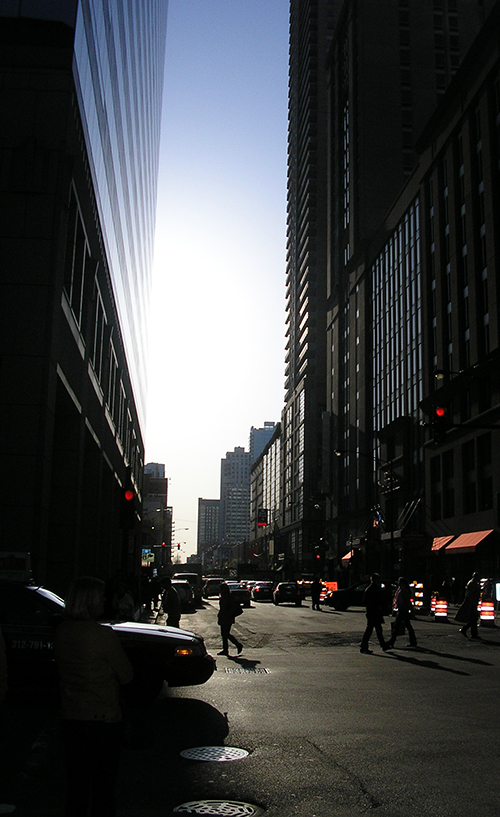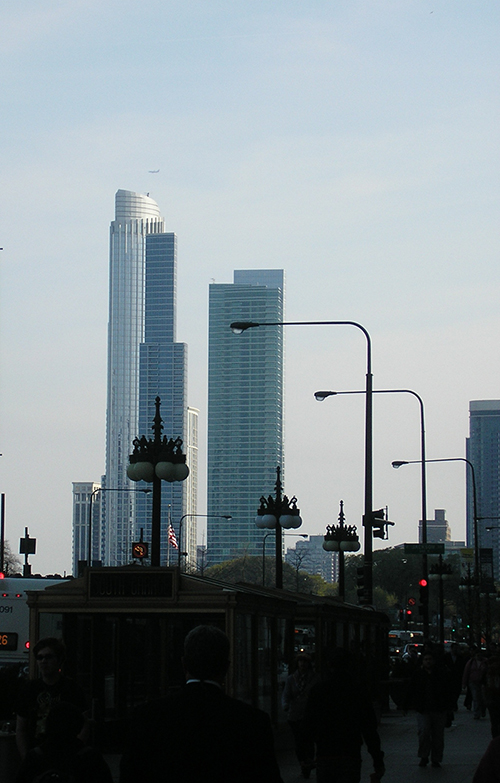 I’m a big fan of the Book of Revelation. I know a lot of people aren’t as enthusiastic about this part of the Bible, and there are lots of good reasons for this. First of all, Revelation has probably been abused more any other part of Scripture. It seems like everyone with an apocalyptic ax to grind goes immediately to Revelation and concocts an elaborate theory of the end of the world – and why those who disagree with them will face the brunt of it.
I’m a big fan of the Book of Revelation. I know a lot of people aren’t as enthusiastic about this part of the Bible, and there are lots of good reasons for this. First of all, Revelation has probably been abused more any other part of Scripture. It seems like everyone with an apocalyptic ax to grind goes immediately to Revelation and concocts an elaborate theory of the end of the world – and why those who disagree with them will face the brunt of it.
And even if we look past all the misuse of this book, the text itself is pretty bizarre. You’ve got beasts rising out of the sea, dragons fighting angels, and heavenly creatures almost beyond description. It’s easy to get so confused and bewildered that it might seem wiser just to ditch the whole thing. Better to accept that we’ll just never really understand Revelation than to try to decode all its mysterious imagery.
I know that I’m a little strange, but rather than finding Revelation’s psychedelic imagery off-putting, I am captivated by it. Even before I became a Christian, I was fascinated by the powerful images of this apocalyptic text. In terms of its beauty and dynamism, Revelation has always seemed to me nothing less than the Sistine Chapel of the Bible.
 More recently, I’ve become aware of the deep resonance between Revelation and other parts of the Bible – particularly in the Old Testament. I’m reading through the prophet Ezekiel right now, and I feel like I’m catching glimpses of Revelation at every turn. (Turns out the writers of the New Testament were pretty well-versed in the Old Testament. Go figure.)
More recently, I’ve become aware of the deep resonance between Revelation and other parts of the Bible – particularly in the Old Testament. I’m reading through the prophet Ezekiel right now, and I feel like I’m catching glimpses of Revelation at every turn. (Turns out the writers of the New Testament were pretty well-versed in the Old Testament. Go figure.)
I’d like to lift up one particular common thread I’m finding in Ezekiel: The lament for the fallen city. In the course of his prophetic ministry, Ezekiel describes how Tyre – an extremely powerful city with a vast commercial empire – would be destroyed. As part of his pronouncement, he describes how the local rulers and merchants of the coastlands are going to react to the city’s destruction:
In their wailing they raise a lamentation for you,
and lament over you:
“Who was ever destroyed like Tyre
in the midst of the sea?”
When your wares came from the seas,
you satisfied many peoples;
with your abundant wealth and merchandise
you enriched the kings of the earth.
Now you are wrecked by the seas,
in the depths of the waters;
your merchandise and all your crew
have sunk with you.
All the inhabitants of the coastlands
are appalled at you;
and their kings are horribly afraid,
their faces are convulsed.
The merchants among the peoples hiss at you;
you have come to a dreadful end
and shall be no more forever.Ezekiel 27:32-36
This passage reminds me of a similar one from Revelation, when the merchants of the earth mourn the fall of Babylon (symbolizing Rome):
Fallen, fallen is Babylon the great!
It has become a dwelling place of demons,
a haunt of every foul spirit,
a haunt of every foul bird,
a haunt of every foul and hateful beast.
For all the nations have drunk
of the wine of the wrath of her fornication,
and the kings of the earth have committed fornication with her,
and the merchants of the earth have grown rich from the power of her luxury.Revelation 18:2b-3
In both of these passages, we find a depiction of people addicted to empire. Though both Tyre and Rome were oppressive powers that crushed all opposition and imposed their will on vasts territories, those who were under their power came to rely on them. In fact, their whole way of life became dependent on the stability, luxury and entertainment that their rulers provided.
 This ancient dynamic sounds familiar. In my life today I see so many ways that I have become dependent on the very things that hold me and my community back from a more beautiful, just and loving world. Consider, for example, the innumerable aspects of my life that are dependent on the use of fossil fuels. Even though I know that the extraction and use of these resources are severely damaging to the environment and serve as a trigger for violent conflict and war, I feel unable to stop participating.
This ancient dynamic sounds familiar. In my life today I see so many ways that I have become dependent on the very things that hold me and my community back from a more beautiful, just and loving world. Consider, for example, the innumerable aspects of my life that are dependent on the use of fossil fuels. Even though I know that the extraction and use of these resources are severely damaging to the environment and serve as a trigger for violent conflict and war, I feel unable to stop participating.
Though intellectually I know that my way of life is in many ways unsustainable and harmful, I’m sure I would mourn if I could no longer fly out to see my family in Kansas. I’d raise a lament if I could no longer afford to fill up our gas tank, even though I recognize that this might be healthier for my community and the earth as a whole. Most troubling of all, this is only one area, of many in my life, where I am addicted to the very powers that oppress the earth and its people.
 The biblical witness, especially in writings like Ezekiel and Revelation, remind me of my own participation in structures and systems that do immense harm. Yet, the writers of Scripture do not leave me there. On the contrary, the writer of Revelation exhorts me to break the addiction to empire altogether: Come out of her, my people! Though it often feels impossible, I am challenged to reorient my lifestyle and become a part of a community that rejects dependency to luxury, violence and systems of oppression.
The biblical witness, especially in writings like Ezekiel and Revelation, remind me of my own participation in structures and systems that do immense harm. Yet, the writers of Scripture do not leave me there. On the contrary, the writer of Revelation exhorts me to break the addiction to empire altogether: Come out of her, my people! Though it often feels impossible, I am challenged to reorient my lifestyle and become a part of a community that rejects dependency to luxury, violence and systems of oppression.
What might this look like? Are there ways that we can reduce our reliance on the systems and powers that enslave people and tear at the Creation? Are there areas in your own life where you have become not only comfortable with, but reliant upon injustice? What might be a first step we can take together in seeking greater wholeness, justice and liberation?